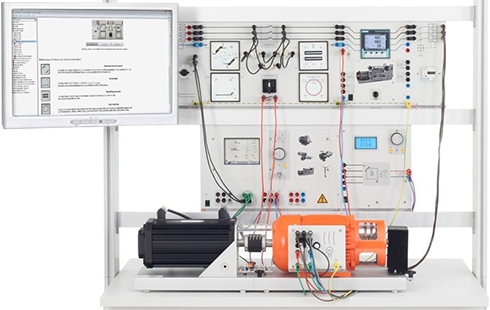Micro Grid – Standalone Operation
A standalone power network is a type of power supply network which is closed and has no active coupling lines to other parts of a mains network. A standalone network is markedly smaller than a combined mains network and does not usually incorporate high-voltage power lines. For this type of network there are two distinct modes of operation, standalone mode and isolated parallel or generator-to-generator operation. This type of supply network is frequently used for the industrial power supplies of large businesses. When this standalone network is connected to the smart grid it is referred to as a micro grid. This grid has three different operating modes: on grid, off grid and dual mode. The micro grid features the following benefits:
- Transmission and transformer losses are reduced
- More independence from big power suppliers
- Smart grid as back-up system
- Intelligently controlled power supply and consumption thanks to SCADA
- Power generation using renewable energy sources
- Optimising the quality, reliability and sustainability of electricit
Note: This Training System is a Basic Equipment Set.
Supplementary Equipment Sets:

- Fundamentals of isolated, stand-alone networks
- Coordination of energy needs and generating capacity in stand-alone networks
- Use of modern information technology such as networked sensors/actuators, PLC control and the SCADA operating environment
- Control of a generator in a standalone network
- “Smart metering” of a “slack bus” to make a sub-network autonomous
- Manual control
- Voltage control
- Frequency control
Product: Micro Grid – Standalone Operation
Product Code: EMG 1

